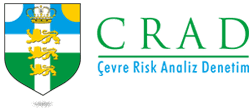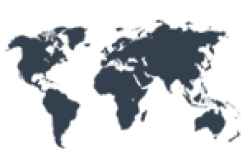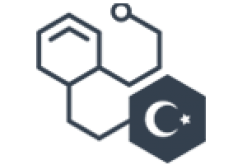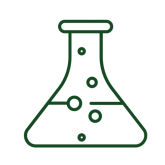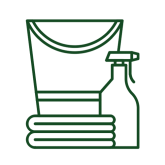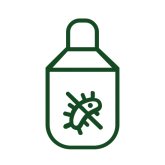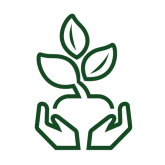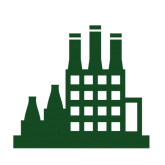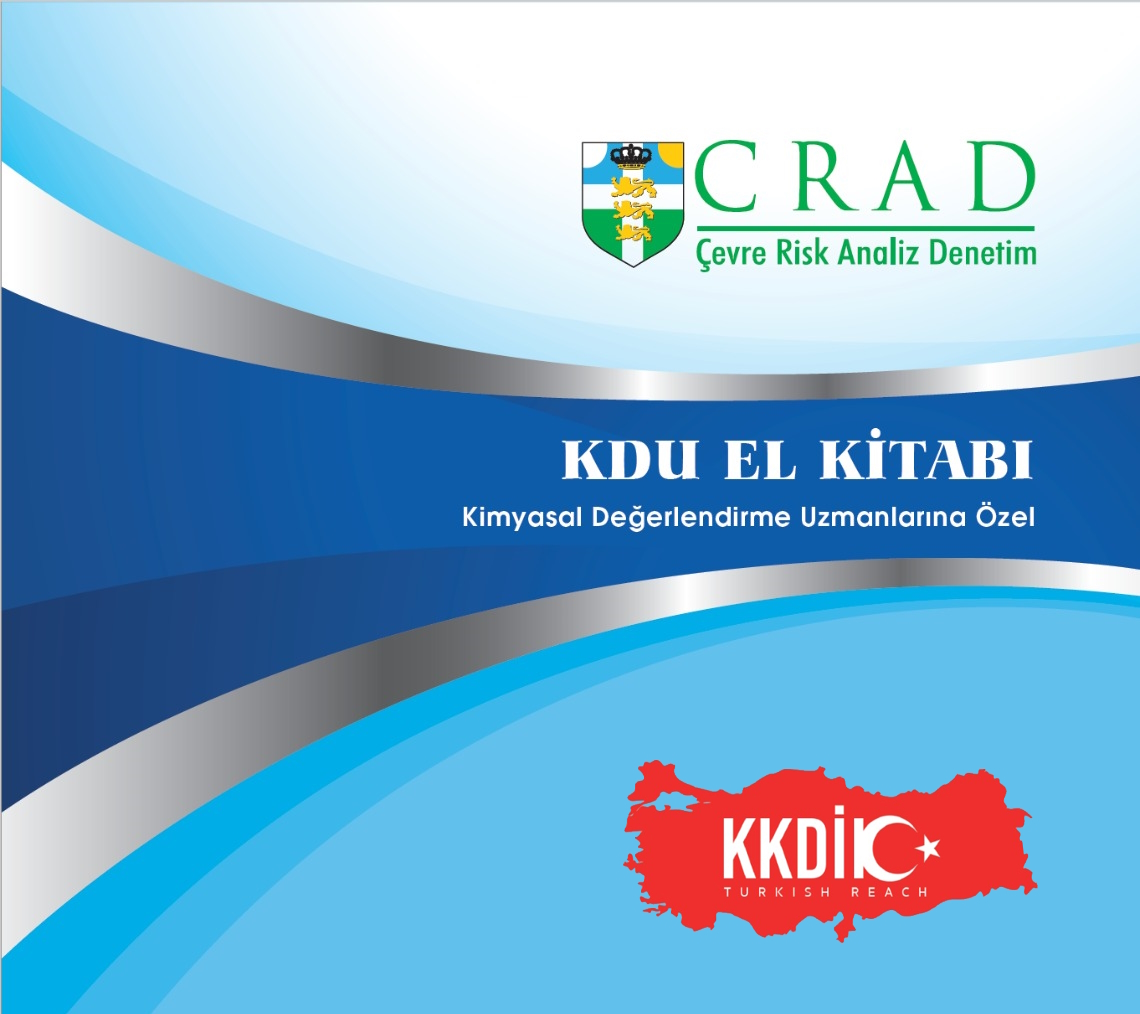TURKEY PUBLISHES FİRST LIST OF PRIORITY SUBSTANCES
Content addition date : 04-01-2013
( Quated from Chemical Watch article supported by CRAD )
The 131 substances will be subject to risk assessments and possible controls.
A first list of priority substances which will be subject to government performed risk assessments has been published by Turkey’s Ministry of Environment and Urban Planning (MoEU). The list contains 131 substances including bisphenol A, trichloroethylene, formaldehyde, acrylonitrile, vinyl acetate and styrene.
Turkey’s 2008 Regulation on the Inventory and Control of Chemicals required chemical manufacturers and importers of both new and existing chemicals to notify them to the government by March 2011. The data requirements depended on whether a substance was handled or produced in annual quantities above 1,000 tonnes, or between 1 tonne and 1,000 tonnes. The Regulation also requires the ministry to produce an inventory of priority substances, which require special attention due to their human health and environmental hazards. The ministry may request additional information from notifiers regarding priority list substances, and must conduct risk assessments of them.
Following the submission of notifications the ministry published two substance inventories, one for high production volume (HPV) substances produced in quantities above the 1,000 tonne/year threshold, the updated version of which includes 597 substances and another for low production volume (LPV) substances produced in quantities between 1 and 1,000 tonne/year, which contains 2,886 substances.
“As required by articles 13 and 14 of the regulation, the MoEU has reviewed the inventories under the light of the criteria laid down by the articles and conducted an evaluation and prioritisation of the the chemicals,” said Melih Babayigit, managing director of CRAD
Regulatory Consultancy Services. These articles, he said, are as follows:
● article 13(1): The ministry shall prepare and publish a priority list of prioritised substances or groups of substances which require attention due to their potential hazards posed to human health and the environment, depending on the information provided by manufacturers and importers in accordance with Article 7 and 8.
(2)The following factors shall be taken into consideration for the preparation of the priority list:
a) Effects of the substance on human health and the environment
b) Human and environmental exposure to the substance
c) Inadequacy of data on effects of the substance on human health and environment
c) Studies carried out by international organisations and under the international conventions, to which Turkey is a party.
d) Other national legislation on dangerous substances.
(3) If the substance has a chronic effect, in particular it is carcinogenic, toxic for reproduction and/or mutagenic, or it is well known for aggravating these effects or it causes such suspicion, those substances shall be paid special attention.
● article 14(1) the ministry shall perform a risk assessment for the substances in the priority list, as specified in paragraph 1 of Article 13. Depending on this primary risk assessment, the manufacturer or the importer who provided the information on the substance in accordance with Articles 7 and 8, with regard to written request within the scope of the procedure to be specified by the ministry, shall submit requested information or additional test results upon request within the period specified by the ministry, after the publication of the list.
Most of the substances on the list are from the HPV inventory rather than the LPV one, said Mr Babayigit. “In light of our discussions with the competent authorities, he said, “we believe that these listed substances will be subject to future control by-laws which will introduce tighter controls designed to minimise the health and environmental risks they pose. But these won’t be introduced in the short term and will be implemented step-by-step.”
Because the list is entitled “List of Prioritised substances, No 1”, there may be additional lists in the future, he said.
Mr Babayigit reminded companies that according to article 14, the manufacturer or the importer who notified a substance included on the priority substances list may be asked for additional information or test results within a period of time specified by the ministry.
